Introduction
Welcome to Arbor Dental, where Dr. Ton provides comprehensive dental care tailored to meet your needs. At Arbor Dental, we offer a range of services with a special focus on extractions, implants, and dentures to ensure your smile stays bright and healthy.
Extractions
A. Definition and Purpose of Dental Extractions
Dental extractions are procedures that involve the removal of a tooth from its socket in the jawbone. The primary purpose of extractions is to alleviate pain, resolve dental issues, and make way for future dental work.
B. Types of Extractions Performed
1. Simple Extractions
A simple extraction is a straightforward procedure performed on a tooth that is visible and can be easily accessed.
2. Surgical Extractions
A surgical extraction is more complex, often required for teeth that are broken beneath the gum line or have not fully erupted.
C. Indications for Extractions
1. Cavities
Severe decay that compromises the integrity of the tooth may necessitate extraction.
2. Gum Disease
Advanced gum disease can lead to tooth loosening, requiring extraction to maintain oral health.
3. Crowding
Tooth crowding can hinder proper alignment, making extractions necessary to facilitate orthodontic work.
D. Post-Extraction Care and Recovery Tips
After an extraction, it is critical to follow your dentist's care instructions, including managing pain, swelling, and adhering to a soft food diet for optimal healing.
Implants
A. Definition and Purpose of Dental Implants
Dental implants are artificial tooth roots that provide a permanent base for fixed, replacement teeth. They serve to restore both function and aesthetics in your smile.
B. Components of Dental Implants
1. Implant Post
The implant post is surgically placed into the jawbone, serving as the foundation for your new tooth.
2. Abutment
The abutment is a connector piece that attaches the implant post to the crown.
3. Crown
The crown is the visible part of the implant that mimics the appearance of a natural tooth.
C. Process of Getting Dental Implants
1. Initial Consultation
Your journey starts with a consultation where Dr. Ton assesses your dental health and discusses options.
2. Surgical Procedure
The surgical procedure involves placing the implant post into your jawbone.
3. Healing and Integration Phase
After surgery, a healing phase follows, allowing the implant to integrate with the bone.
D. Advantages of Dental Implants Over Other Tooth Replacement Options
Dental implants offer superior stability, improved oral health, and a natural appearance compared to dentures and bridges.
Dentures
A. Definition and Purpose of Dentures
Dentures are removable appliances designed to replace missing teeth and restore functionality of the mouth.
B. Types of Dentures
1. Complete Dentures
Complete dentures are used when all teeth are missing and fit snugly over the gums.
2. Partial Dentures
Partial dentures are used when some natural teeth remain, filling in gaps while maintaining remaining teeth.
C. Process of Obtaining Dentures
1. Consultation and Fitting
The process involves a consultation to assess your needs, followed by precise fittings for comfort.
2. Adjustments and Follow-up Care
Adjustments may be needed post-fitting to ensure optimal comfort and functionality.
D. Benefits of Dentures for Patients
Dentures provide an effective solution for restoring confidence, improving eating ability, and promoting overall oral health.
Conclusion
Understanding the importance of dental extractions, implants, and dentures is crucial for maintaining your dental health. If you're considering these treatments, we encourage you to consult Dr. Ton at Arbor Dental for personalized care and a tailored treatment plan that meets your individual needs.
FAQs
1. How long does it take to recover from a dental extraction?
Recovery time can vary, but most people experience a significant recovery within a few days, while complete healing may take a week or more.
2. Are dental implants painful?
The process may have some discomfort, but local anesthesia is used during the surgery to minimize pain, and recovery discomfort can usually be managed with over-the-counter pain relief.
3. How often should dentures be replaced?
Dentures typically need to be replaced every 5-10 years due to normal wear and changes in your mouth over time.
4. Can I get dental implants if I have gum disease?
It's essential to address gum disease before implant placement. Dr. Ton can evaluate your condition and recommend appropriate treatment.
5. What care do I need for my dentures?
Daily cleaning with a soft brush and soaking them in a cleaning solution is vital for maintaining your dentures and ensuring oral health.
</article
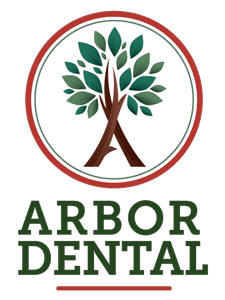


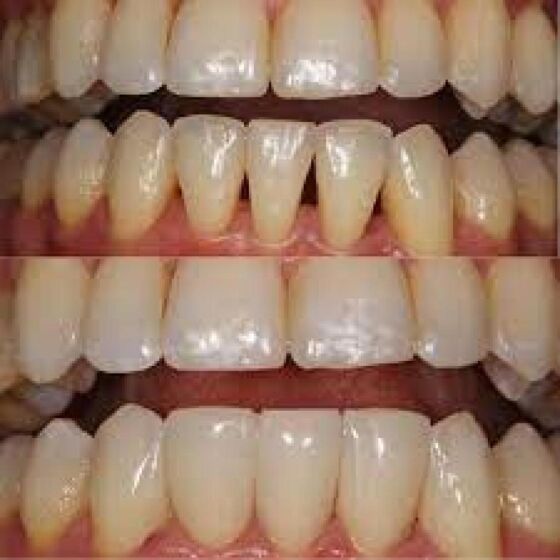
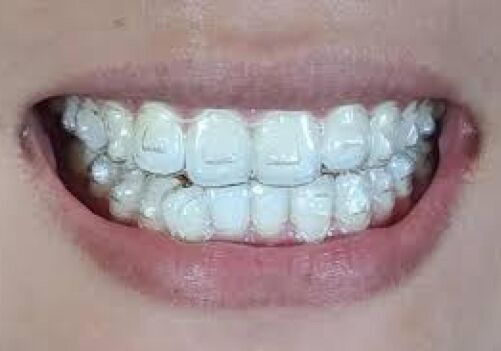
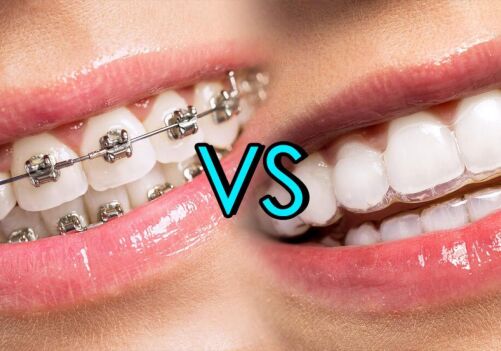
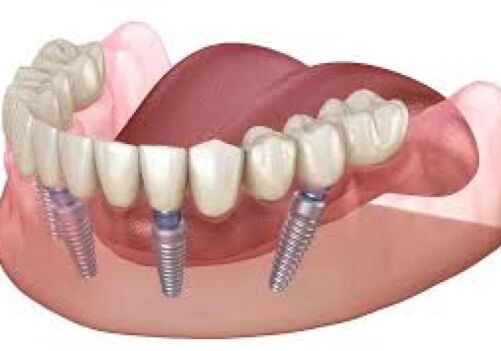
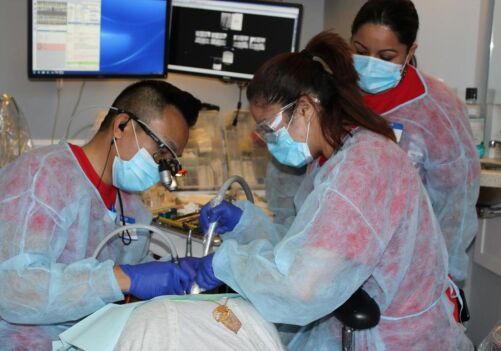
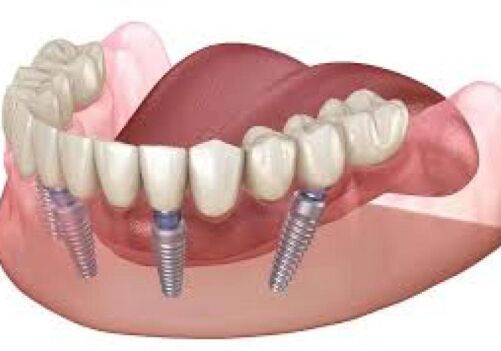
Comments: